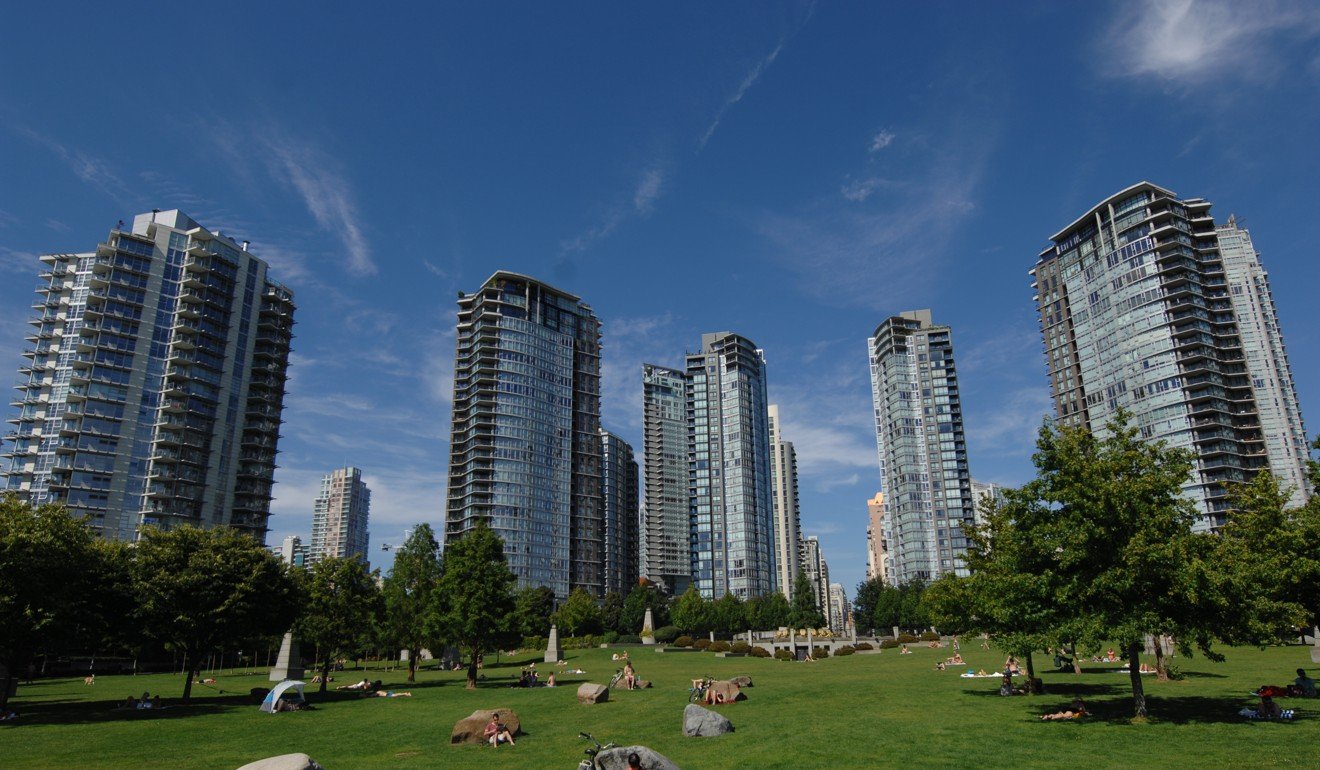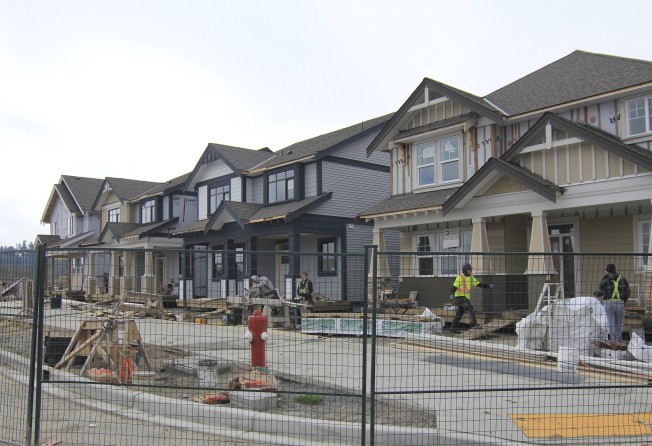
Vancouver rent-to-own property programme ‘could pose risks for Chinese buyers’
Questions over how the scheme fits with the provincial government’s 15 per cent property transfer tax on foreign owners mean it could be less beneficial for investors, analysts say

A rent-to-own scheme launched by a local property developer in the Canadian city of North Vancouver may not be as beneficial for Chinese investors as it seems because of uncertainty over its tax status, according to the head of a China-based international property portal.
The programme by Apex Western Homes offers buyers a lease contract on a home and the option to buy the property within five years. After paying a 5 per cent down payment, the buyer then pays a monthly rent, which includes a payment towards the loan principal and interest.
“The provincial government has gone out of its way to say that it intends to crack down on programmes of this nature,” said Carrie Law, CEO of Juwai.com, an international property website that caters mainly to affluent Chinese investors. “Chinese buyers of Canadian property should above all avoid unnecessary risks, and this programme looks risky.”
The uncertainty surrounding the scheme stems from how it fits with British Columbia’s introduction of an additional 15 per cent tax on property transfers in the Vancouver area for foreign buyers, a measure introduced as part of efforts to curb the province’s red-hot housing market, particularly in Vancouver, the province’s largest city.
Strong demand from Chinese buyers has been part of the reason for the rise in property prices. The city is the third most popular in Canada for Chinese buyers after Toronto and Montreal, and saw
a 3 per cent increase in the number of enquiries by Chinese investors in the first half of 2017 compared with last year, according to Juwai.

The rent-to-own programme aims to solve the problem of the low vacancy rate in Vancouver and to help foreigners who hope to move to the city to buy a home, according to Ray Vesely, CEO of Apex Western Homes, who emphasised that the programme is “fully legal”.
The programme is ideal for foreign buyers, according to Vesely, as they would not have to pay the 15 per cent foreign buyer tax if they get a work permit or permanent residency within the five-year period.
“The government is aware of our programme and has verified the legality,” Vesely said.
“Rent-to-own could target two essential market segments – professionals like me with a good income, but who do not have the 20 per cent or more down payment required for a conventional mortgage, and foreign buyers intending to live in Canada, but who are reluctant because of our strict banking system and potential tax implications,” he said.
The finance ministry of British Columbia, however, said rent-to-own models cannot be used to avoid the additional property transfer tax levied on foreigners.
“The new government is committed to ensuring a fair tax system and will use all tools at its disposal to combat tax avoidance,” the ministry said in an emailed statement. But it did not say if the programme was in breach of existing laws.
“Savvy buyers should avoid this programme until and unless it is proven safe and successful,” said Law of Juwai. “The best way to avoid legal risks in this case is to not participate in the offer.”
While saying she believed Apex Western Homes was “honest and well meaning”, Law detailed the possible consequences facing buyers who opt for the rent-to-own scheme.
“Perhaps nothing bad will happen, but in the worst case, you could have legal trouble and perhaps even have to pay a large fine,” she said. “Even worse, you could have to live through five years of uncertainty before you learn the fate of your investment.”
One investor noted that from a financial point of view, the scheme has limitations.
“The programme is a bit tricky,” said Richard Xue, a mainland Chinese who has bought a home in Toronto and also lives there.
“If you take the inflation rate within the five years into consideration, then the buyer would not take much advantage out from the scheme,” said Xue. “And if you could not obtain permanent residency you would still need to pay the 15 per cent tax.”
Others noted that for many Chinese investors it did not matter what type of buying scheme was on offer, as they were more concerned with how to get their money outside the country under the stringent measures on capital outflows recently imposed by Beijing.
“What an overseas property agent should consider is how to help their rich Chinese customers move the money out,” said David Hong, the head of research at consultancy China Real Estate Information.
“That is essential for an overseas property project that targets Chinese customers to be successful these days.”